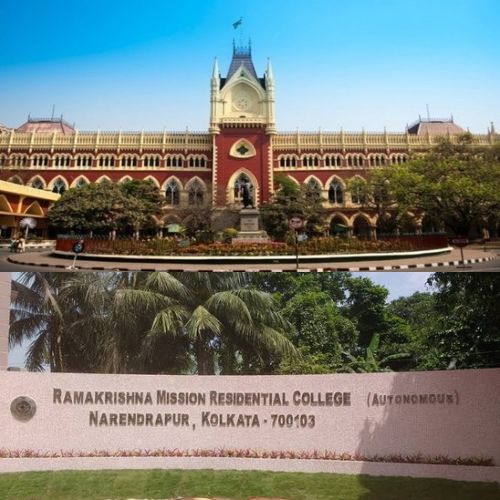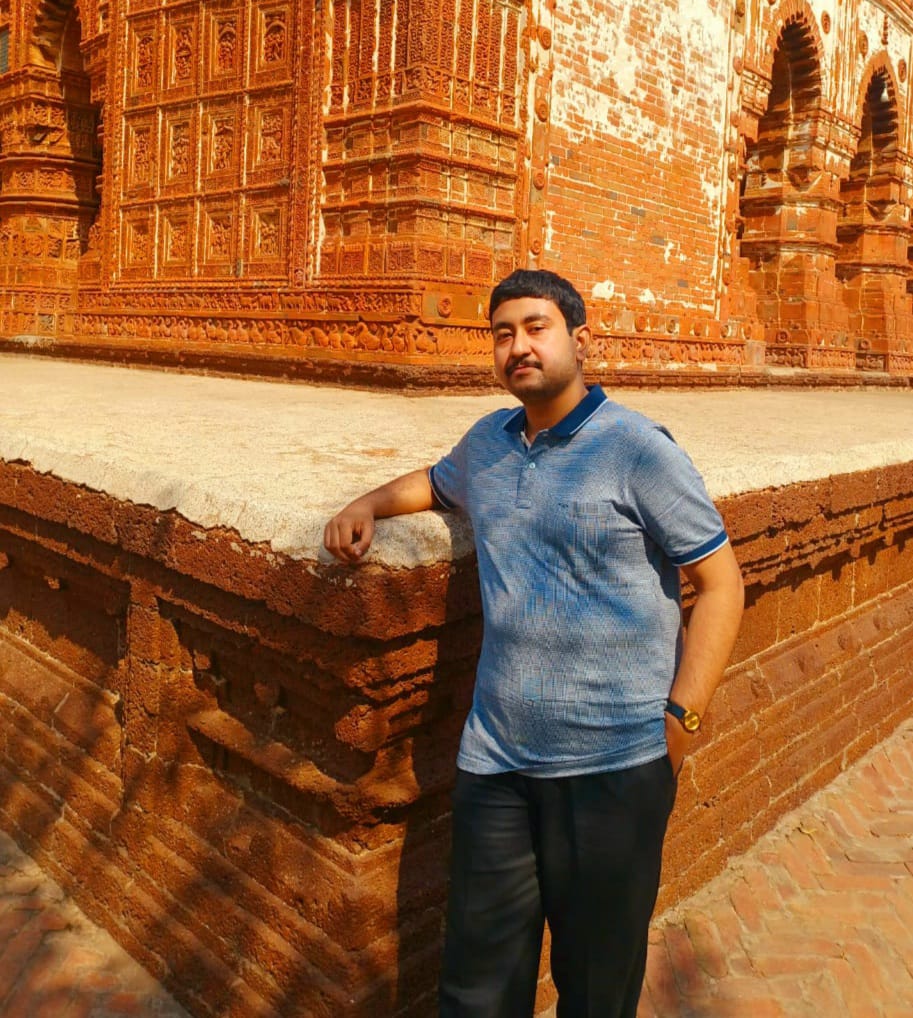Introduction
On 5th September 2025, on the eve of Teacher’s Day, various media houses carried headlines such as “Ideological differences no ground to deny job: HC to Ramakrishna Mission College” and “Calcutta High Court grants relief to man denied faculty post in Ramakrishna Mission College over Facebook posts.” But for Professor Tamal Dasgupta and his family, these were not mere news reports. They marked the culmination of a long struggle against an authoritarian institution—a triumph of their faith in Indian law and of their unwavering idealism.
Beginning of the Story
The story began in December 2022, when Prof. Tamal Dasgupta, then a faculty member of English Literature at Dr. B. R. Ambedkar College in New Delhi, decided to return to his home state of West Bengal. He appeared for the West Bengal College Service Commission (WBCSC) interview successfully. And He was placed in the final merit list.
Through the CSC counselling process, Prof. Dasgupta chose Narendrapur Ramakrishna Mission College—a 100% government-funded institution with the only declared special criterion that female candidates were exempted from the post. As per procedure, he submitted a written declaration that he would not apply for faculty positions in any other college from the list. Following this, the CSC issued an official recommendation letter in his name for the post at Narendrapur Ramakrishna Mission College.
The Twist
What seemed like a routine academic appointment soon took a dramatic turn. Upon reporting to the college, Prof. Dasgupta was met with outright hostility from the Secretary of Ramakrishna Mission College, who bluntly stated that the institution was not bound to honour the CSC recommendation. The Secretary further claimed that the Ramakrishna Mission governing body reserved the right to reject any applicant at will.
When Prof. Dasgupta turned to the CSC for support, the commission hesitated to enforce its own recommendation, bowing to the undue influence of the Mission. The implicit message was clear: Ramakrishna Mission considered itself beyond the reach of law and democratic governance.
The Conflict
Legally, however, the situation was straightforward. Having voluntarily enlisted their institution under the CSC, Ramakrishna Mission College was bound by CSC regulations, including the appointment of candidates recommended through its process. Since the only special criterion—exemption for female candidates—had no bearing on Prof. Dasgupta as a male candidate, there was no ground for rejection. Moreover, under CSC rules, Prof. Dasgupta had forfeited the option of joining any other college.
In short, there was no legal basis for Ramakrishna Mission’s refusal—only an exercise in arbitrary power. Yet, government officials allowed this defiance to stand, leaving the courts as the sole avenue for justice.
The Court Battle
Once Prof. Dasgupta moved the Calcutta High Court, the resistance grew even uglier. The college authorities, aware they had no legal justification, resorted to delay tactics, banking on the hope that an ordinary professor could not sustain a prolonged legal fight.
They then shifted their stance, claiming that Prof. Dasgupta’s “ideological outlook” did not align with that of the Mission. To substantiate this, they produced a handful of his social media posts—none of which predated the conflict. At one stage, they even submitted a false affidavit, which collapsed under scrutiny.
After this protracted legal tussle over what should have been an open-and-shut case, justice finally prevailed. Hon’ble Justice Partha Sarathi Chattopadhyay of the Calcutta High Court ruled in Prof. Dasgupta’s favour. In his judgment, he invoked Swami Vivekananda’s own words: “Atheism is better than hypocrisy.” The Court made it clear that Ramakrishna Mission could not deny a government-approved candidate on the ground of ideological differences. Such conduct, the Judge observed, only served to reduce the institution’s proclaimed ideals to mockery.
Conclusion
This judgment carries weight far beyond the case of Prof. Dasgupta. It confronts a pattern of arbitrary behavior by Ramakrishna Mission in the past and reasserts that no institution, however prestigious, is above the law. Founded to serve humanity, the Mission must be reminded of its own professed values and democratic obligations.
In an era marked by post-truth narratives and abuse of influence, this ruling stands as a beacon of hope. It restores confidence in the judiciary’s role as the protector of justice, and it affirms the dignity of individuals who dare to stand firm against institutional arrogance.






